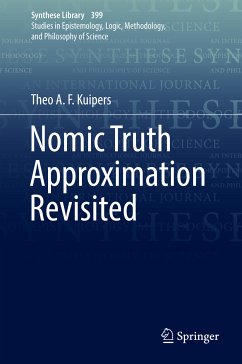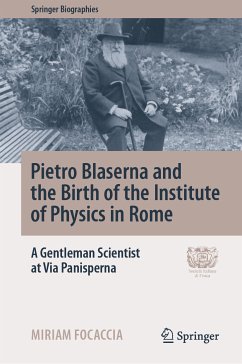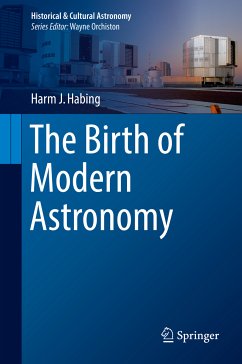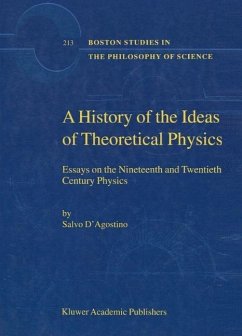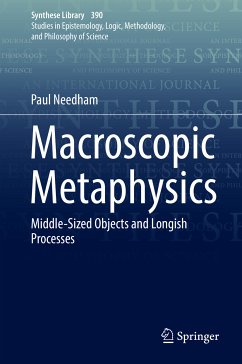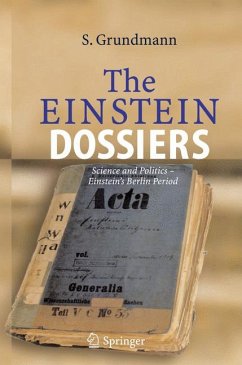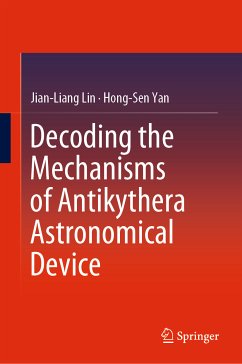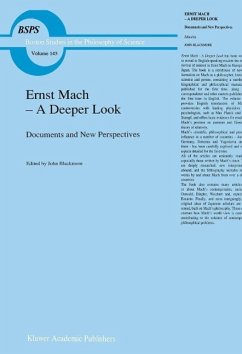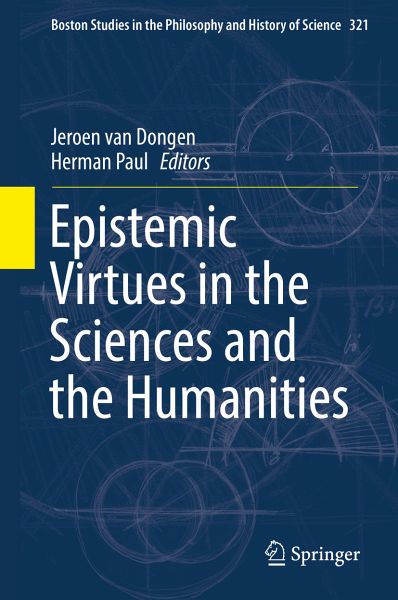
Epistemic Virtues in the Sciences and the Humanities (eBook, PDF)
Versandkostenfrei!
Sofort per Download lieferbar
80,95 €
inkl. MwSt.
Weitere Ausgaben:

PAYBACK Punkte
40 °P sammeln!
Focuses on how scholars in the sciences and humanities studied their subjects, through the innovative prism of epistemic virtues
Examines interactions, the transfer of epistemic virtues and differences across scholarly fields
Makes a rare attempt to attain an integrated perspective on the history of the sciences and humanities
Examines interactions, the transfer of epistemic virtues and differences across scholarly fields
Makes a rare attempt to attain an integrated perspective on the history of the sciences and humanities
Dieser Download kann aus rechtlichen Gründen nur mit Rechnungsadresse in A, B, BG, CY, CZ, D, DK, EW, E, FIN, F, GR, HR, H, IRL, I, LT, L, LR, M, NL, PL, P, R, S, SLO, SK ausgeliefert werden.




